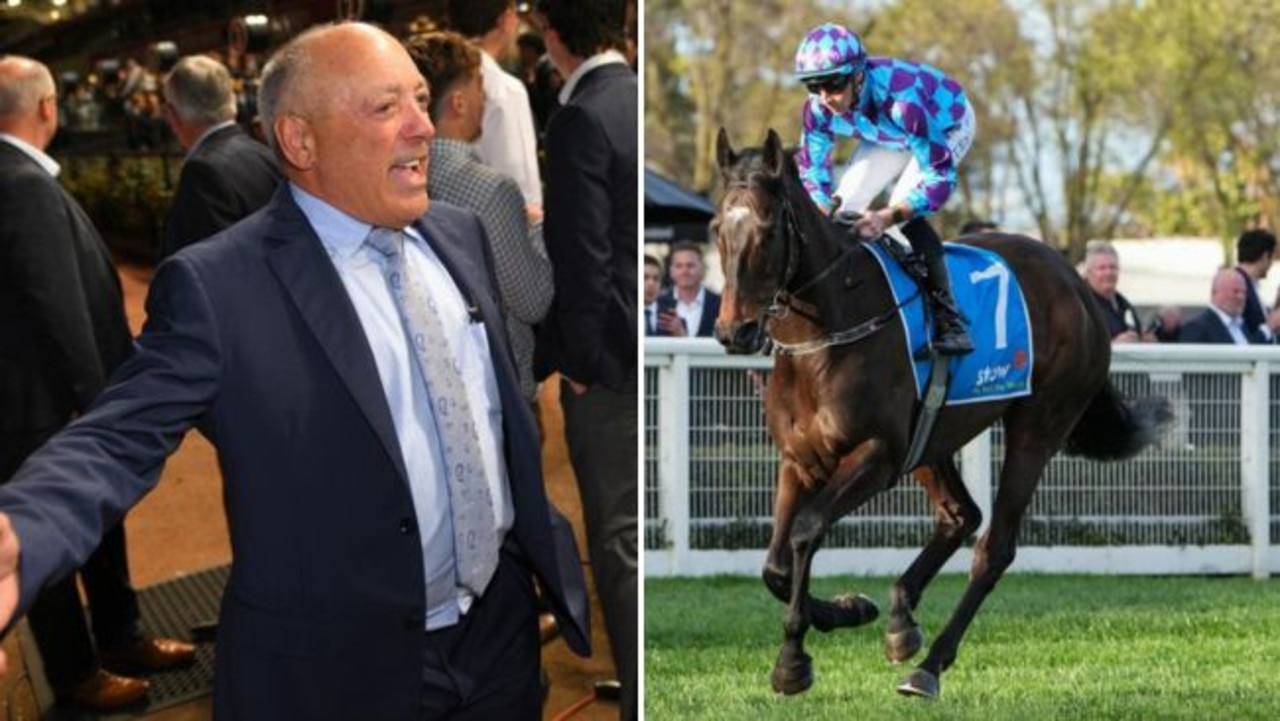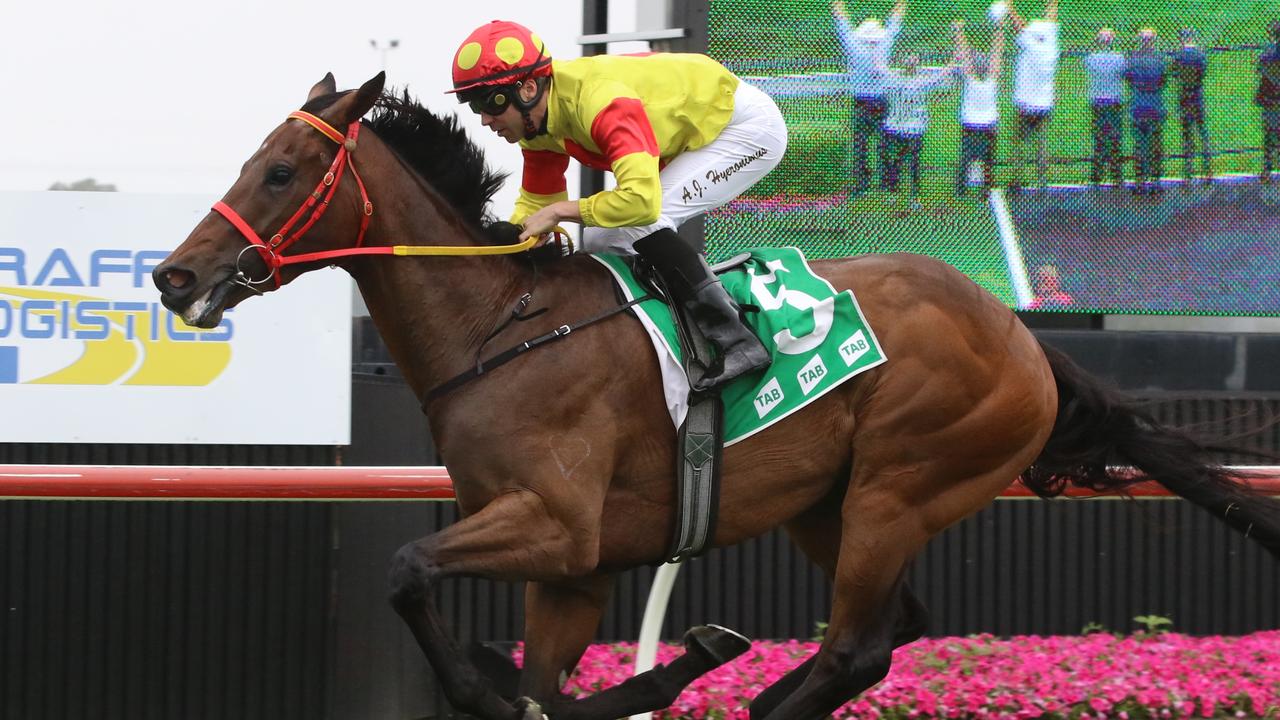Vet demands overhaul after latest hit in cobalt saga
A prominent veterinarian has voiced controversial views over potential ‘false positive’ tests when it comes to cobalt and reckons the drug’s proposed effects have been wildly exaggerated.
SuperRacing
Don't miss out on the headlines from SuperRacing. Followed categories will be added to My News.
A prominent veterinarian has called for an overhaul on the way Australian racing authorities control and test for cobalt use as another two licensees have recently been dealt 12-month suspensions for breaching the permissible threshold.
QCAT suspended harness trainer-driver Darrel Graham for a year, and trainer Rachel Scott had a three-month suspension and $6000 fine amended to a 12-month suspension on appeal.
Underlining what a mire the entire cobalt saga has become, Graham’s case dated back to May 2015.
The elevated cobalt reading from Graham’s horse Mafuta Vautin was accepted to have occurred following the administration of Tripart, containing vitamin B12.
Derek Major, from Derek Major Consulting Pty Ptd, an equine veterinarian for 40 years and someone that has since 2015 been conducting administration trials in horses of various forms of cobalt supplements, said the testing system in Australia continues to provide “false positives” compared to what the rule initially set out to achieve.
Apprentice Stephanie Thornton impresses boss with sweet ride on Sienna Rose
Cox Plate favourite Mystic Journey makes statement on return
The verdict: Clock’s ticking on media rights talks between Racing Queensland and Sky Racing
“While I don’t support in any way, abuse of horses or the administration of any substance to enhance performance, the proposed effects of cobalt salts have been wildly exaggerated and current scientific research has failed to support them,” Dr Major said.
Dr Major explained a cobalt ion, or inorganic cobalt salt, is a single atom that can bind with other atoms in chemical reactions, whereas B12 contains a cobalt atom, but one that is tightly encased in a large molecule and “not available for the speculated effects of inorganic cobalt salts, notably cobalt chloride” and travels intact through the horse’s system and is excreted intact.
“Vitamin B12 was never contemplated in this rule. If we’re testing urine for cobalt salts, vitamin B12 yields a false positive. The cobalt from Vitamin B12 should be subtracted from the total measured, to give the level of cobalt ions,” he said.
“In America they’ve gone for blood testing, which is much more sensible.
“There’s very little correlation between the blood reading and the urine reading. I believe my opinion is shared by most in the scientific community.”
Dr Major noted Melbourne Cup-winning trainer Joseph O’Brien escaped sanction in Europe for a cobalt positive after it was accepted the horse had been exposed to a “salt lick” on race day.
Another trainer, Mikey O’Connor, was fined 1000 Euro for giving a B12 injection on race day that resulted in an elevated cobalt reading.
“Other countries in the world have been a lot more measured in the way they have regulated cobalt abuse,” Major said.
Graham said he had spent more than $300,000 on his defence over the past four years and he might now be forced to sell his property.
“If I’d done it I would have put my hand up and admit I’d done it,” Graham said.
“But this thing is so much of a grey area. There are plenty of others in the same boat as me.
“I’ve been belting my head against a brick wall since May 30, 2015.”
QCAT Senior Member Professor Ned Aughterson drew on several cobalt precedents where a penalty has been resolved as a 12-month suspension.
“I am satisfied that (Graham) had at the very least, displayed a considerable degree of carelessness in the way he managed the horse leading up to the race on 30 May, 2015,” Member Aughterson said.


